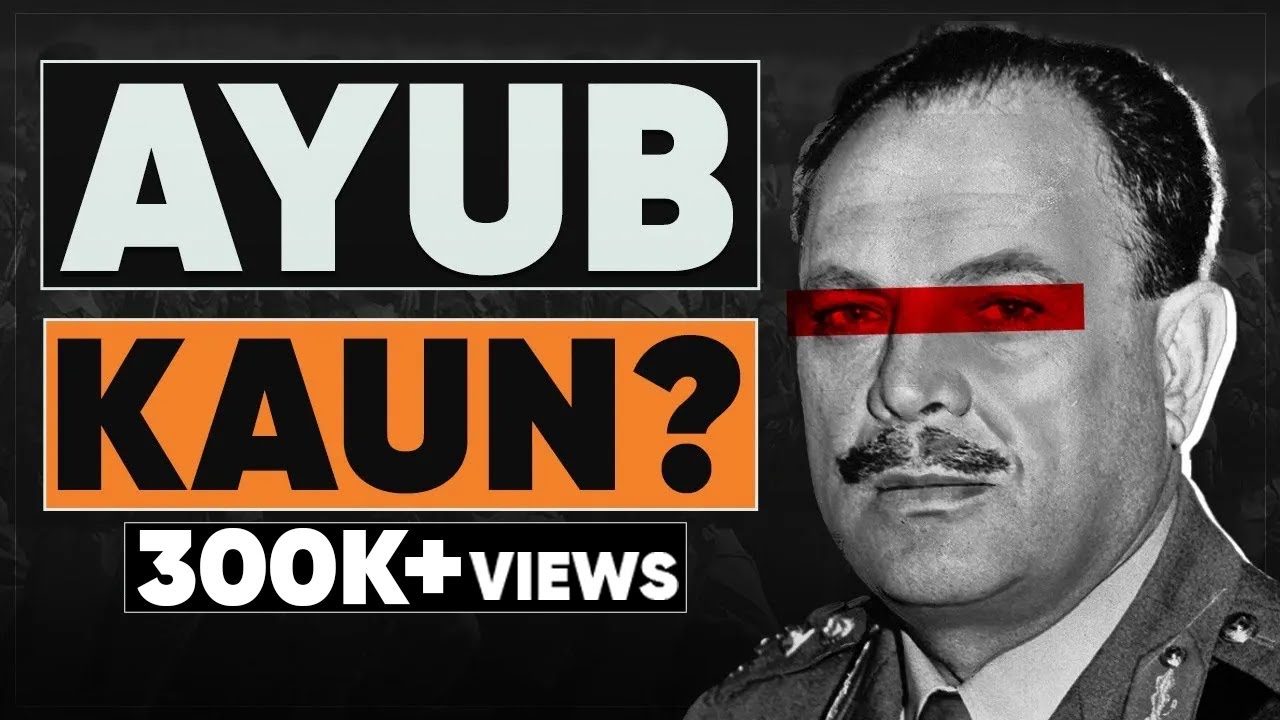Was Oliver Cromwell a hero or villain? | English Civil War
Summary
TLDRThe video script explores the complex legacy of Oliver Cromwell, debating whether he was a hero or a villain. It acknowledges Cromwell's role in freeing Britain from monarchy and establishing a government by and for the people, while also condemning his brutal actions in Ireland and other parts of the British Empire. The discussion highlights the challenges of judging historical figures by modern standards, emphasizing the need to understand their context and motivations.
Takeaways
- 🎵 Music: The video begins and ends with music.
- 🤔 Difficult Question: The discussion revolves around whether Lenin was a hero or a villain.
- 🗣️ Cromwell's Views: Cromwell had controversial views on Catholics, leading to bloodshed and murder.
- 🏛️ British Rule: Cromwell demonstrated that Britain could be ruled without a king or an established church.
- 📜 John Milton: Despite changing his mind later, John Milton initially supported Cromwell's new order.
- ⚖️ Commonwealth: Cromwell's rule promoted a government for and almost by the people.
- 🛡️ Major Generals: Cromwell's use of military governors led to accusations of military occupation.
- 🤝 Local Cooperation: Cromwell needed the cooperation of local elites to govern effectively.
- 📅 Historical Context: Cromwell's actions should be understood within the context of the 17th century.
- 🩸 Atrocities in Ireland: Cromwell's conduct in Ireland was brutal and led to lasting tensions.
- 🎖️ High Stakes: The conflicts were seen as battles of divine significance, with severe punishments for perceived wrongdoings.
- 🔙 Historical Repercussions: Cromwell and his supporters faced harsh retribution after the monarchy was restored.
Q & A
Was Lenin a hero or a villain according to the speaker?
-The speaker does not explicitly label Lenin as a hero or a villain but suggests that he freed the Russian people from centuries of oppression.
What were some of Oliver Cromwell's views that the speaker finds reprehensible?
-The speaker mentions that Cromwell had reprehensible views about Catholics, which resulted in bloodshed and murder.
What significant achievement is attributed to Cromwell in the script?
-Cromwell is credited with showing that it was possible for the British nation to rule without the formal need for kingship or an established church.
How did John Milton initially feel about the new order established by Cromwell?
-John Milton was initially quite happy and even venerated the new order, although he changed his mind towards the end.
What was the role of the major generals in Cromwell's England, as mentioned in the script?
-The major generals had a role in governing, but the speaker argues that the idea of England being under military occupation is not an accurate account. They were pursuing godly rule and needed the cooperation of local elites.
What does the speaker suggest about Churchill's actions in comparison to Cromwell?
-The speaker suggests that Churchill, despite receiving positive press, also committed terrible acts in the Indian subcontinent and the Northeast, similar to the issues Cromwell faced.
How does the speaker describe Cromwell's conduct in Ireland?
-The speaker describes Cromwell's conduct in Ireland as atrocities and suggests it has lasting impacts, such as contributing to the current issues with a hard border between Ireland and the UK.
What was the fate of Cromwell and the Regicides after the return of the monarchy?
-Cromwell and the Regicides, who put Charles I on trial and signed the death warrant, were either executed or disinterred and had their bodies desecrated after the return of the monarchy in the 1660s.
What is the speaker's view on the role of historians when evaluating historical figures like Cromwell?
-The speaker believes that historians should not give marks out of ten but try to understand the project of the historical figures, acknowledging that their actions may be reprehensible by today's standards.
What high stakes were at play during Cromwell's time, according to the speaker?
-The speaker suggests that during Cromwell's time, the stakes were extremely high, with the presence of God in the land and the belief that wrong actions would be punished.
Outlines

هذا القسم متوفر فقط للمشتركين. يرجى الترقية للوصول إلى هذه الميزة.
قم بالترقية الآنMindmap

هذا القسم متوفر فقط للمشتركين. يرجى الترقية للوصول إلى هذه الميزة.
قم بالترقية الآنKeywords

هذا القسم متوفر فقط للمشتركين. يرجى الترقية للوصول إلى هذه الميزة.
قم بالترقية الآنHighlights

هذا القسم متوفر فقط للمشتركين. يرجى الترقية للوصول إلى هذه الميزة.
قم بالترقية الآنTranscripts

هذا القسم متوفر فقط للمشتركين. يرجى الترقية للوصول إلى هذه الميزة.
قم بالترقية الآنتصفح المزيد من مقاطع الفيديو ذات الصلة
5.0 / 5 (0 votes)






